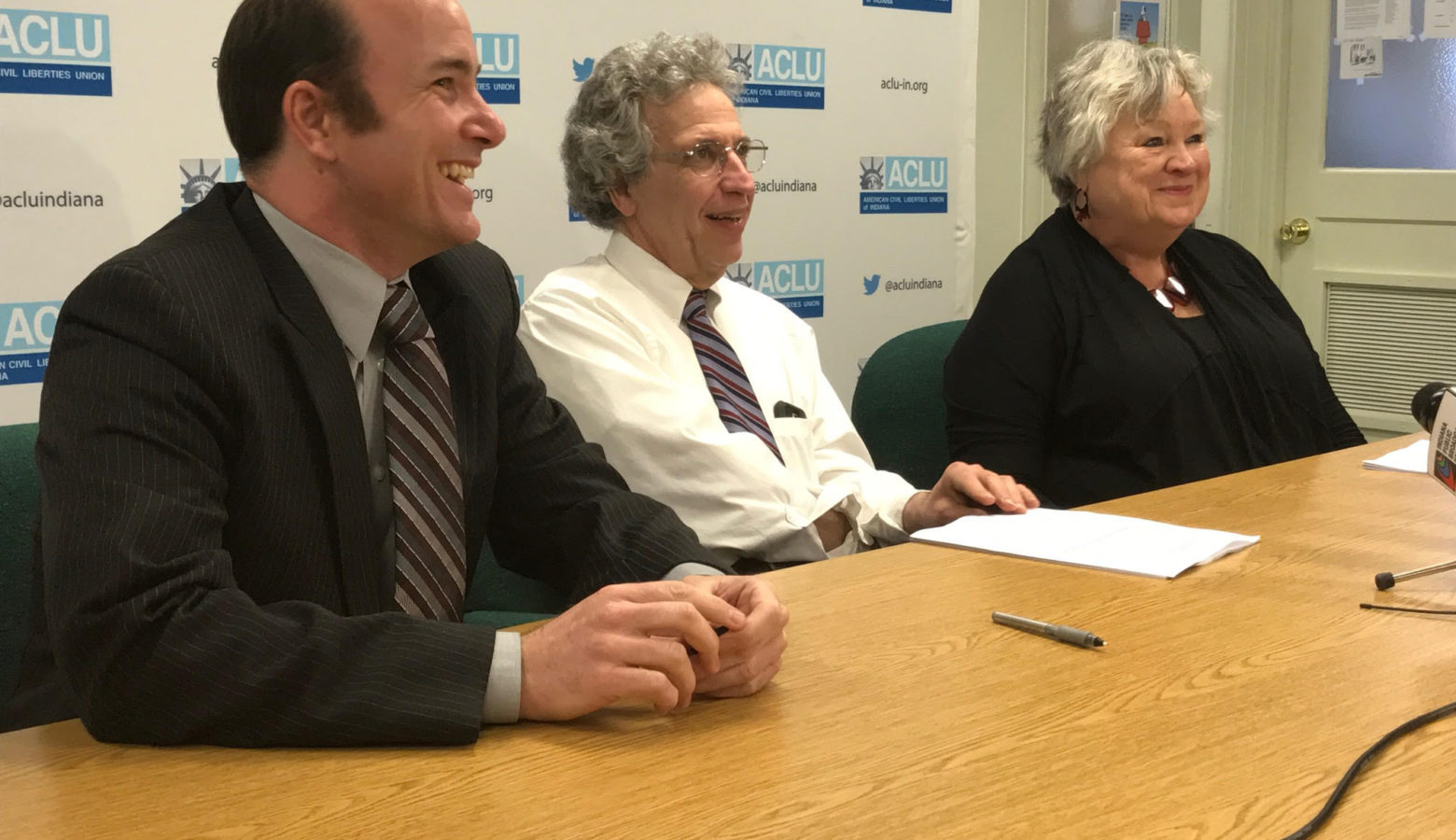Planned Parenthood, ACLU Cheer Ruling Halting Ultrasound Rule

Women in Indiana no longer have to wait at least 18 hours between an ultrasound and an abortion after a recent court ruling halting part of last year’s controversial abortion law.
Prior to the 2016 Indiana anti-abortion law, women could get an ultrasound in the same visit as their abortion. Last year’s legislation required the ultrasound at least 18 hours before the abortion, meaning – as Planned Parenthood argued – that women would have to make two separate, often lengthy, trips to one of the few clinics that perform abortions.
A federal judge halted that provision in what ACLU of Indiana legal director Ken Falk calls a “strong” decision.
“We produced facts to show how this is hurting Planned Parenthood. The state, according to the court – and of course according to us – did not produce any facts to justify this additional restriction,” Falk says.
The state can appeal the judge’s decision.
In a statement, Indiana Right to Life calls the judge’s ruling “sadly predictable.” It accuses Planned Parenthood of opposing the 18-hour ultrasound requirement for financial reasons.
Separate parts of last year’s abortion law – provisions banning abortions performed because of the fetus’ characteristics and potential disability and requiring medical facilities to bury or cremate fetal remains – were halted by a previous ruling.

